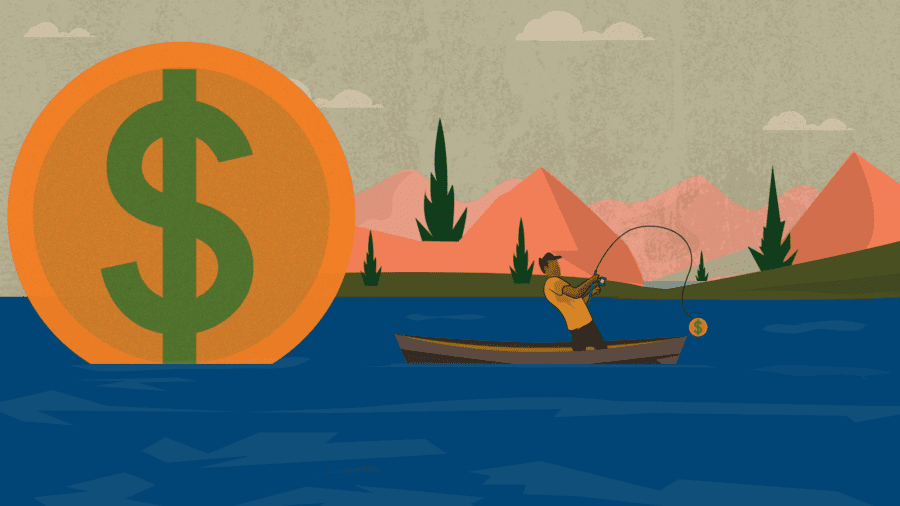How to Gamify Your Financial Habits to Enhance Your Savings Like a Pro
Managing your money can feel like a never-ending uphill battle, but there are tools you can implement for your personal finances and budgeting to make the process easier and even entertaining.
If you’re getting started with budgeting or wish to enhance your personal finance skills, you can gamify the money management process to make it fun rather than daunting.
What Is Gamification?
Gamification refers to creating game-like challenges, rewards, and competitions to advance in or make improvements to everyday aspects of life. You can gamify a variety of activities, such as fitness, productivity, and nutrition. The process revolves around establishing goals and rewarding oneself for advancing toward those goals.
People can create games in their lives in order to motivate themselves, or they can use applications to gamify activities. Phone applications often use a “PLB model,” referring to points, leaderboards, and badges, to motivate players toward better financial habits.
For example, you can gamify your fitness routine by using an application to track your progress and compete with others. You can use fitness tracker apps, such as MyFitnessPal and Daily Workouts, to compete against other players or against yourself, making the process more enjoyable. Fitness applications often have built-in rewards and leadership boards designed to keep people on course toward their fitness goals in an enjoyable way.
Finance-based games and applications work the same way — you gamify how you track your savings, spending, and other money habits in order to make improvements.
Using Gamification to Improve Your Financial Health
In addition to making progress more pleasurable, gamification can be an essential motivator for improving your money habits. Typically, when we approach a less-than-thrilling activity on our financial to-do list, such as learning more about effective money management or tightening our budgets, it can be difficult to stay focused and interested, especially if you’re juggling an already-busy schedule.
Gamifying your finances makes the process more enjoyable while introducing tools for keeping your interest. When people play games, they experience stimulation in the reward center of their brains. Our reward center makes us feel good when we accomplish something or experience something pleasurable. We feel positive and motivated after feelings of accomplishment or pleasure because of the neurotransmitter dopamine.
The rewards we associate with games — which could include in-game rewards such as badges or the satisfaction of beating an opponent — trigger our brain to release dopamine, increasing our motivation and interest in the activity.
You can make the money-managing experience far more enjoyable when you gamify your finances. Rather than see it as a daunting task, you can turn it into a fun game you genuinely want to play.
Additionally, this can enhance your overall mindset around money because you can associate money management with a fun activity rather than an exhausting source of stress.
Gamifying your finances can also help you enter a “flow state” when managing money. The flow state is the feeling you get when being “in the zone,” so to speak. Have you ever found yourself so focused on an activity that you shut out the world around you and lost track of time? You’re so interested and focused on the task that you enter this highly productive flow state.
Gamifying your financial activities helps you enter this flow state so that you experience pleasure and motivation around budgeting and managing your money.
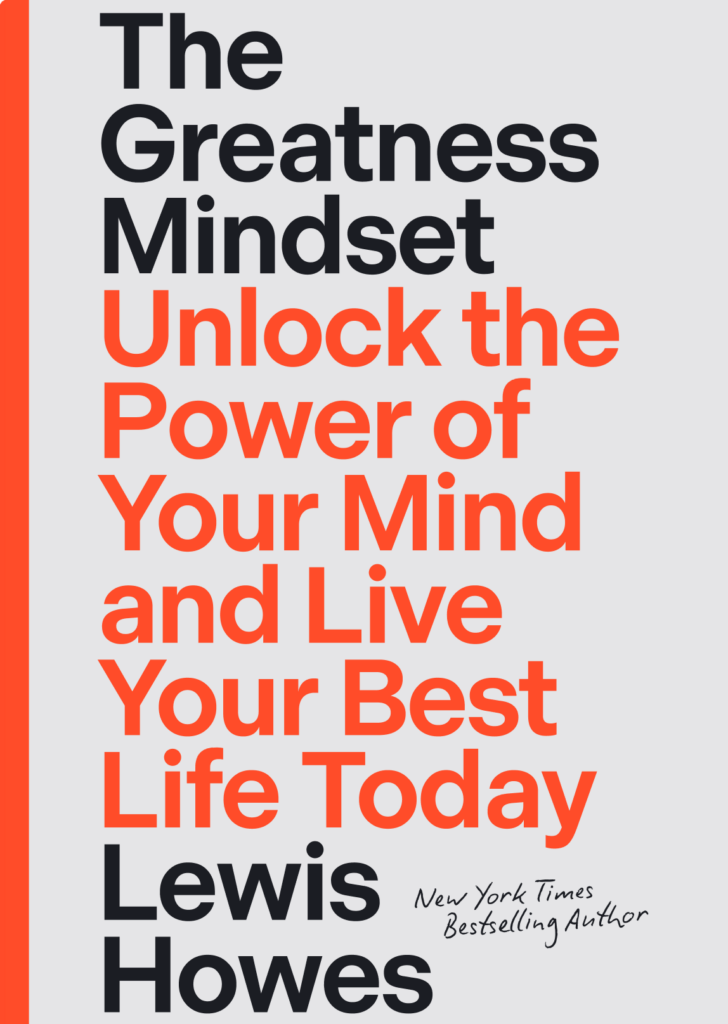
The Greatness Mindset
Learn the secrets of some of the greatest minds in the world. Unlock the power of your mind and live your best life today.
Learn MoreUse These Budgeting Games for Adults to Track Finances
Building a solid budget is one of the most important parts of accumulating wealth. You may have an impressive salary or multiple income streams, but you can still live paycheck-to-paycheck if you fail to organize your finances. This often happens when people develop expensive lifestyles. People may be completely unaware that they spend more than they earn, leading them to accumulate debt or burn through their savings.
Once you create a solid budget that tracks your earnings and spending, you’ll be able to develop healthier money habits, enabling you to either overcome debt or save toward retirement. Implementing budgeting and other healthy personal finance practices will enable you to achieve financial freedom.
Fortunately, you can use many different smartphone applications right now to gamify your finances and build better saving and budgeting habits.
Competing Against Yourself
If you’re the kind of person who enjoys challenging or competing against yourself, you can use apps like Acorns and SavingsQuest. With Acorns, you can set financial goals with an engaging, visual-based platform, making the process more entertaining and game-like.
SavingsQuest functions in a similar way. The app rewards users with badges once they complete money-saving challenges, making saving money more fun. The app’s nonprofit developer, Commonwealth, found that their users saved on average 25% more money than non-users.
Competing Against Others
Sometimes competing with others is the best motivation, and you can use your competitive spirit to develop healthier money habits.
With applications like Twine, you can compete with others and hold them accountable as you strive toward your financial goals. The application is designed for couples and families to advance toward shared goals.
Competing to Win Prizes
Some applications offer you prize incentives when you save. For example, Digit provides savers with bonuses when they keep their money within Digit’s savings accounts.
Other applications offer users the chance to win money and other lucrative prizes. Whenever you save money within these applications, such as Yotta and Save to Win, the apps submit your name into the cash raffle, so the more times you save, the greater your chances of winning.
Although you may never win, these lottery apps offer an excellent incentive for saving more money.
Use a Virtual World to Save Money
In addition to using competition as a motivator to save money, you can also play virtual reality games to increase your interest in saving money and handling your finances.
Games like Fortune City incentivize players to make better financial decisions by offering playable virtual simulations. When players record their real-world spending, the games visually represent the expenses, making budgeting more accessible and fun.
Practicing Caution When Using Mobile Games
You should research any application that wants to connect to your bank account or obtain your financial data. Don’t provide banking information to non-reputable applications. Look up application reviews online, and check their ratings on the Better Business Bureau.
Additionally, applications may not always align with your personal financial goals. You may have unique budgeting methods or milestones that don’t align with available games. This could also mean you spend time earning points within the game without working toward your financial goals.
Join In 200 Million+ On The Journey to Greatness
Gamifying Your Personal Finance Budgeting Process
Not every game will suit your personal finances, but you can gamify your budgeting process outside of the digital gaming world and tailor your games to your own unique goals.
Some ways you can do this include trying a savings challenge or taking on a debt-payoff plan. You can also incorporate your competitive nature into your game by facing off against others in real life. For example, if you take on a savings challenge, you can challenge another person to try to save as much as possible. You can compete with them to see who saves more and even include a prize to increase your motivation.
When gamifying your financial goals, consider offering yourself a reward system as you continue saving and striving toward financial security. For example, if you’re tackling burdensome student debt, you can include a fun incentive in your plan. Perhaps with every $2,000 of the debt you pay, you reward yourself by taking an extra relaxing weekend or day off.
Monthly Budget Planner
As discussed, budgeting is an important step toward financial success regardless of income. You could be making upward of $200,000 a year, but if you fail to track your spending and make an airtight budget, you can still spend more than you make, accumulating credit card debt rather than building your fortune.
Next, you can group your expenses into different categories, such as rent and utilities, food, hobbies, and savings. You can even create more detailed categories such as coffee, streaming services, and eating out.
Once you group your expenses into categories, you’ll almost immediately see where your money goes every month, and you’ll likely discover that you can easily tighten your belt in certain spending categories.
For example, you may discover that you spend around $150 on coffee monthly. This may sound extreme, but a specialty coffee usually costs around $5 — if not more — and if you buy one every day, that expense category starts to rack up quickly.
In addition to creating categories for your expenses, you can implement other tools for organizing your payments. With each expense you record, you can write down why you spent money and the expense’s level of necessity.
Assigning a number indicating the expense’s necessity level makes it easier to reduce spending in particular categories. You could use a numbering system between one and five, one and ten, or any other system that works for you. For example, if you spend $9 on fast food, you might rank that expense a two out of five — you were hungry, but you could have waited until later to eat rather than spend money. The expense wasn’t completely superfluous, but it also wasn’t critical.
Once you see exactly where your money goes each month, you can allocate a budget for each expense category. For example, if you find that you spend around $500 on groceries, you can allocate that same amount each month, and if you wish to reduce your spending in this category, you can shrink the total amount. When you run out of money for a particular category, you can’t spend more unless it’s an emergency.
These days, creating multiple accounts based on your expense categories is easy, and this is a helpful way to organize and allocate your funds. You could have a rent and utilities account, a shopping account, a hobbies/interests account, and many more. This will help ensure you don’t exceed your budget within any particular expense category.
How to Make a Monthly Budget with Games
Now that you know how to get started with making a budget, it’s time to gamify the process and make it more enjoyable.
One of the easiest ways you can begin to gamify your budget is by implementing the “money saver” game. This gamifies your savings, making it more fun to save money toward your future. The game is simple: Create a separate “money saver” savings account, and save all of your leftover money at the end of each month. This may come from your hobbies/interests budget, grocery budget, or any other category.
But how is this a game?
You can gamify this savings process by having specific objectives and special incentives motivating you to save more money. You can make particular challenges that come with rewards. For example, you could set the challenge of saving $500 in a single month, and you can attach a desirable reward that motivates you to complete this challenge, such as a nice night out.
Rather than use this example, you can create your own game when budgeting. All you need to do is implement points or challenges into your personal finances and offer yourself desirable rewards to motivate you to play the game.
Get Started with Gamifying Your Personal Finances
Everyone knows that budgeting and managing personal finances isn’t the most entertaining activity, and getting started can also feel incredibly daunting. Fortunately, you can use applications or create games to make the process more reflexive and enjoyable. Rather than putting off managing your money, you’ll feel more motivated to get your finances on track for long-term security.
If you’re looking for more ways to make the budgeting and personal finance process easier and more enjoyable, check out additional finance articles on our site.
Managing your money and budget doesn’t need to feel like an arduous chore. Use these gamifying tips to enhance your ability to handle money while enjoying the process!
Greatness Authors
Greatness Authors is a collection of writers, thinkers, curiosity experts, and students of the world who are committed to bringing you the most up-to-date, impactful, and inspiring information surrounding Greatness topics.
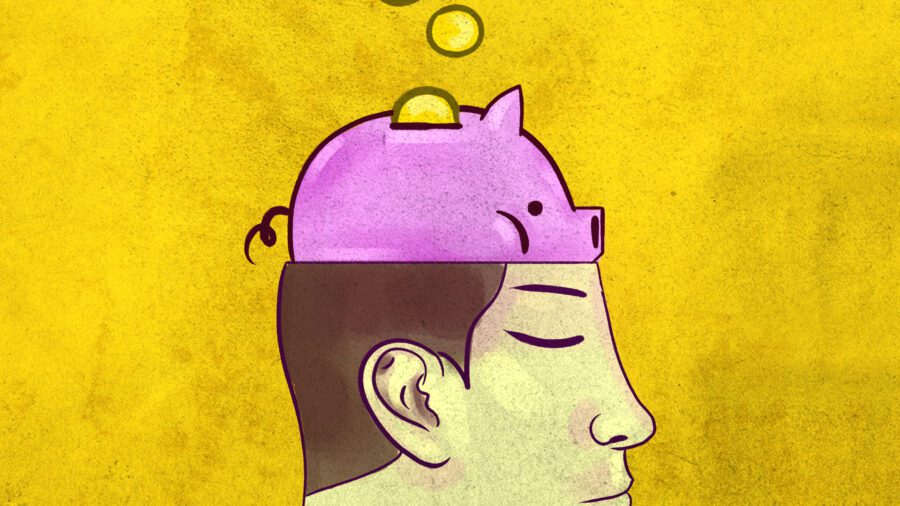
Before You Retire, Ask Yourself These 7 Financial Questions to Make Sure You’re in the Clear
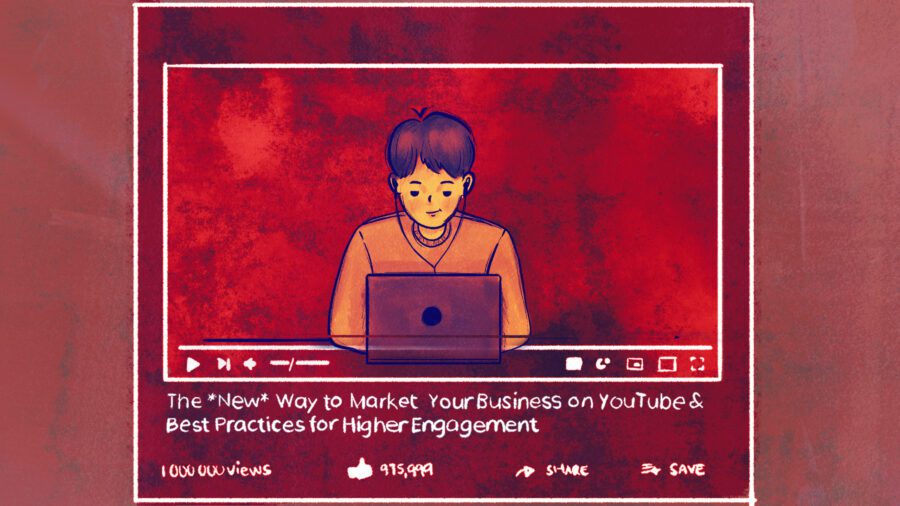
The *New* Way to Market Your Business on YouTube & Best Practices for Higher Engagement

The Power of Masterminds to Grow Your Business and How to Find One Near You
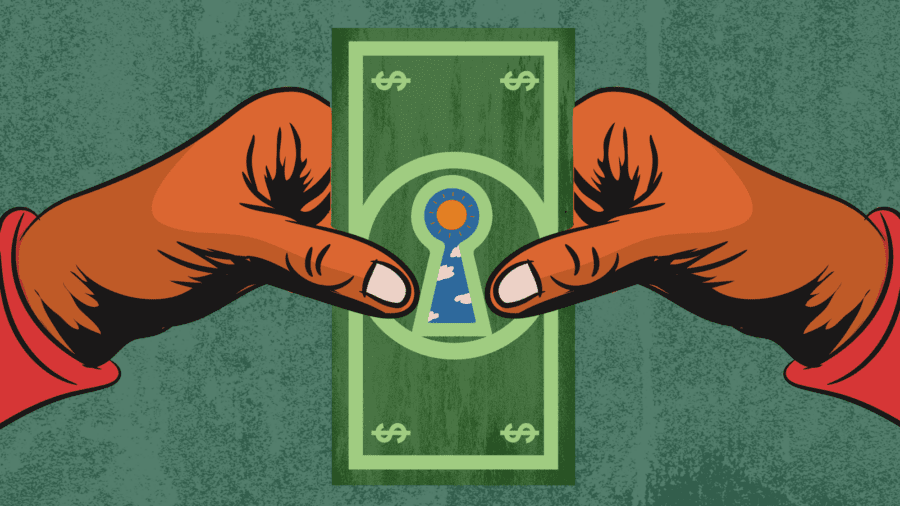
4 Inspirational Stories That Prove Money Isn’t the Key to Happiness
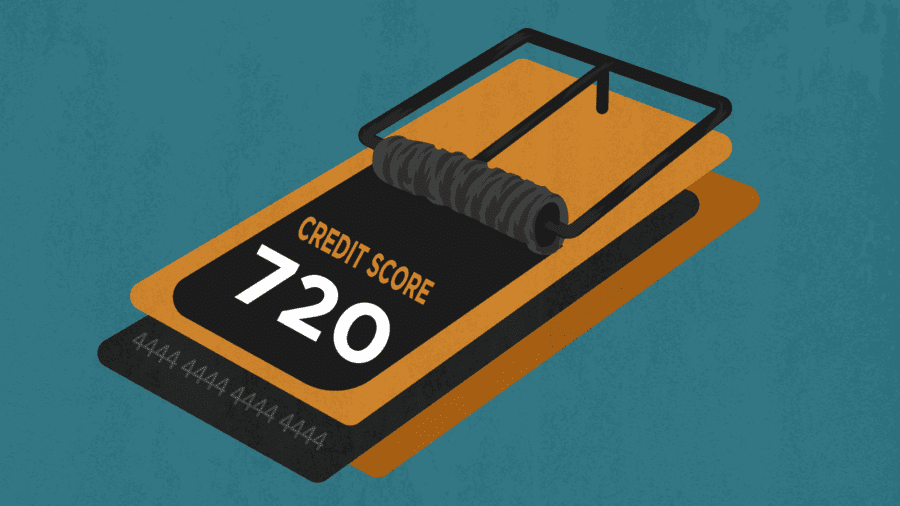
A Beginner’s Guide to Building a Great Credit Score While Avoiding Debt and Common Credit Mistakes
